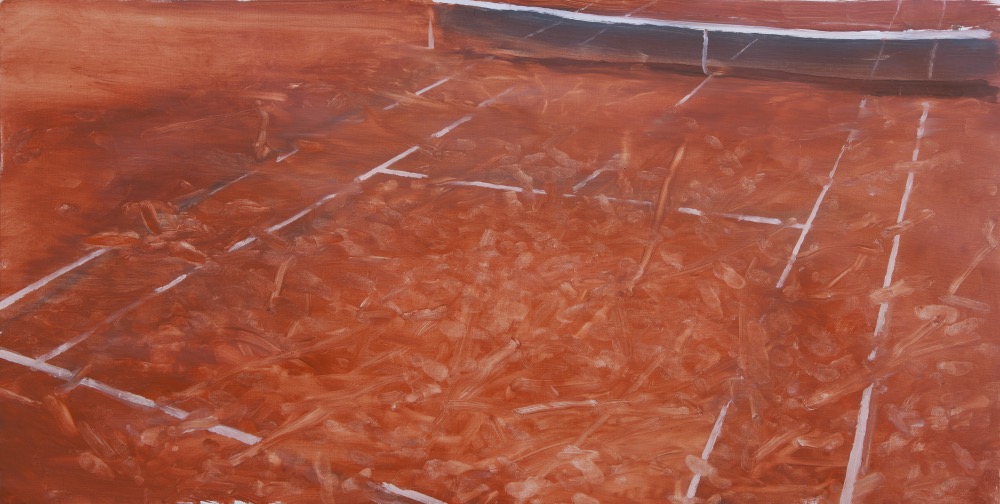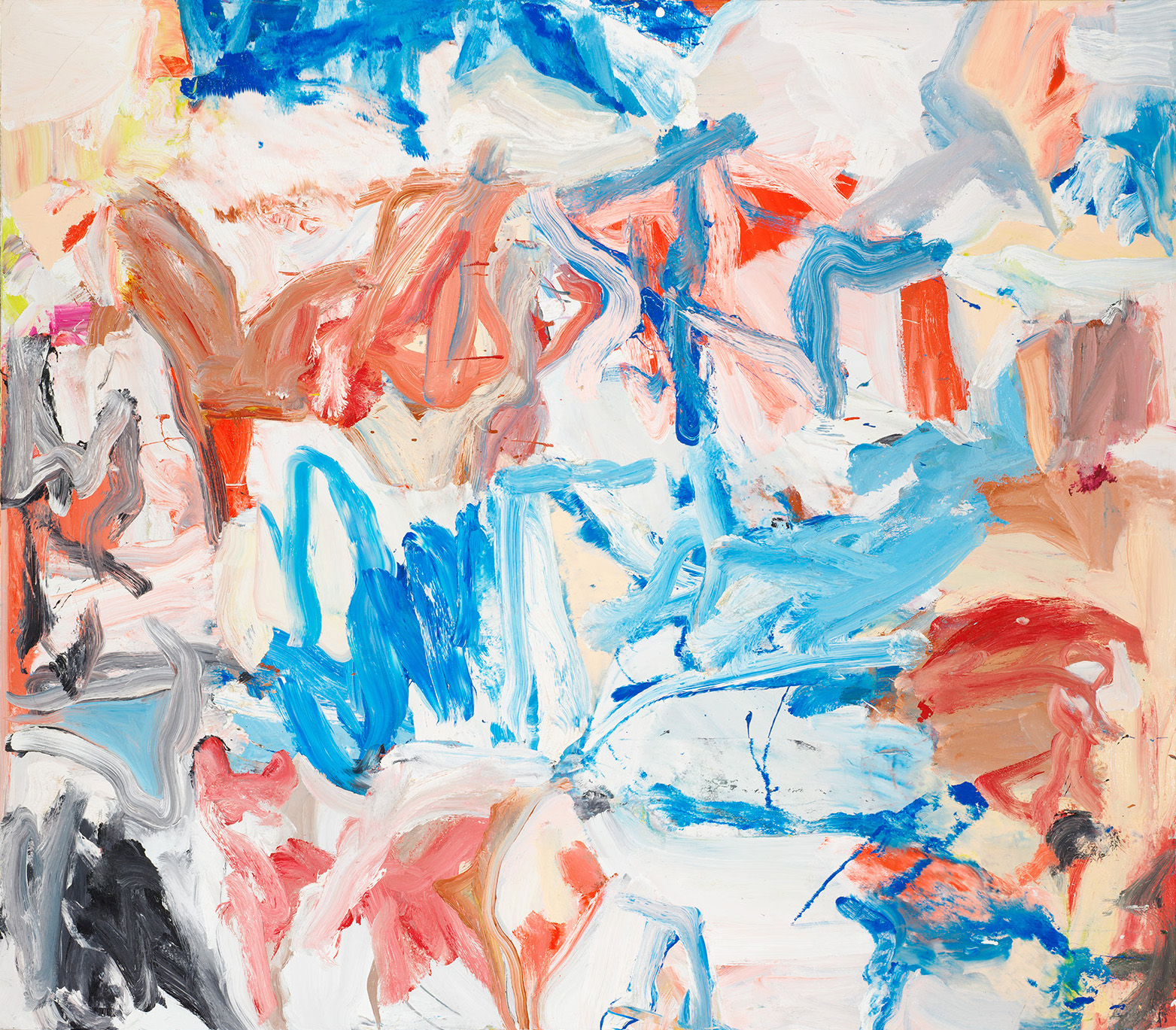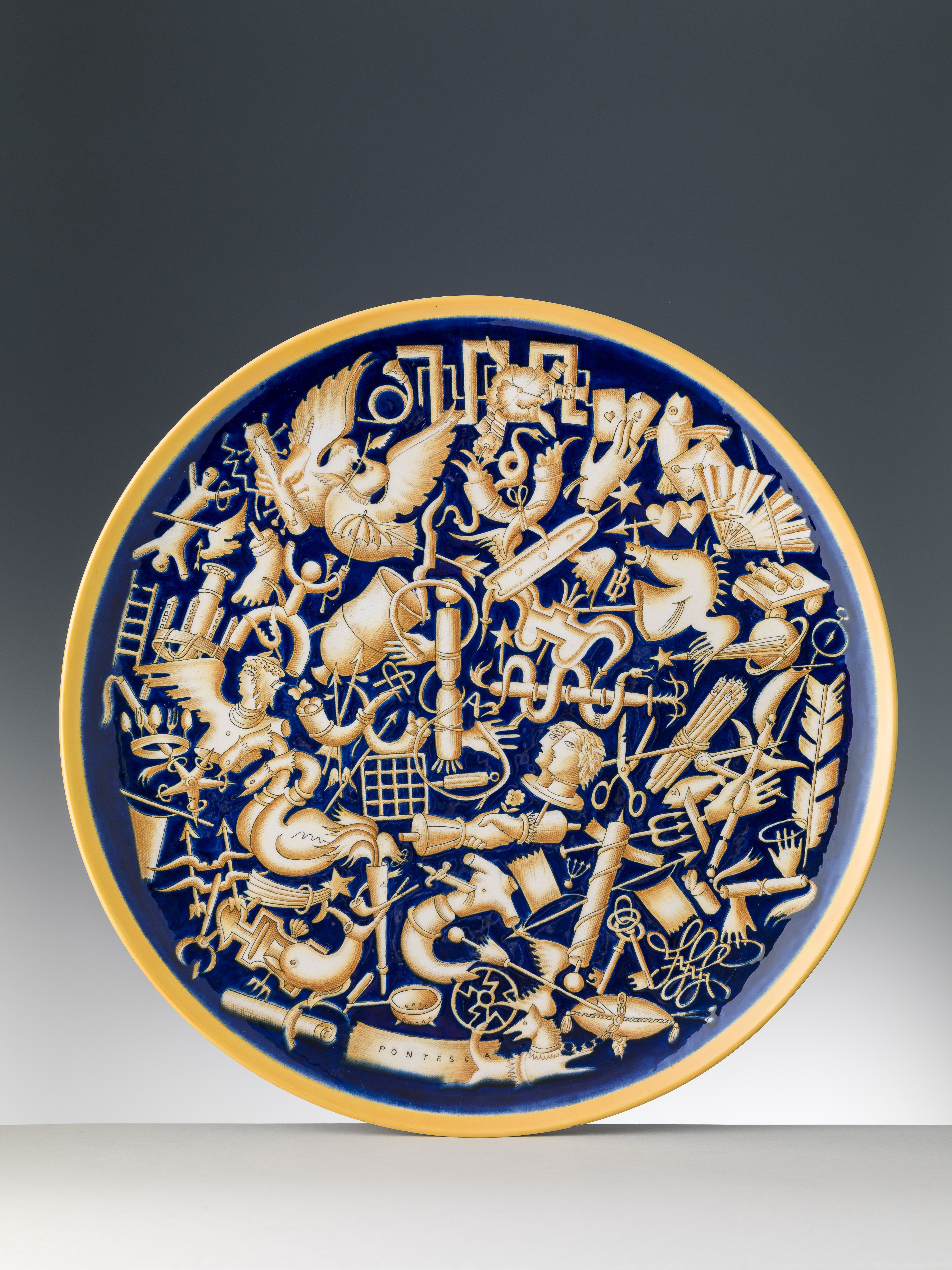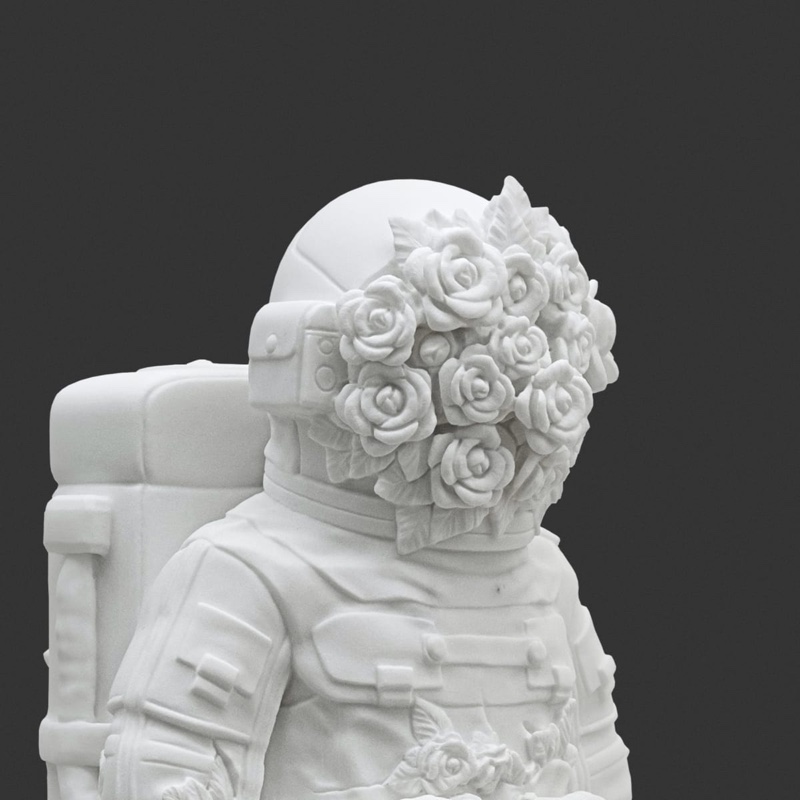
How can art intersect with sports? With this post I take you into the world and works of Velasco Vitali, an artist whose passion for tennis shines through in his work.
Since 2017, Vitali’s artistic production has taken on new nuances, ranging from elegant monochromes to intense depictions of red clay. This is how tennis, in addition to being a game of physical strength and endurance, has become a powerful expressive tool for Vitali.





